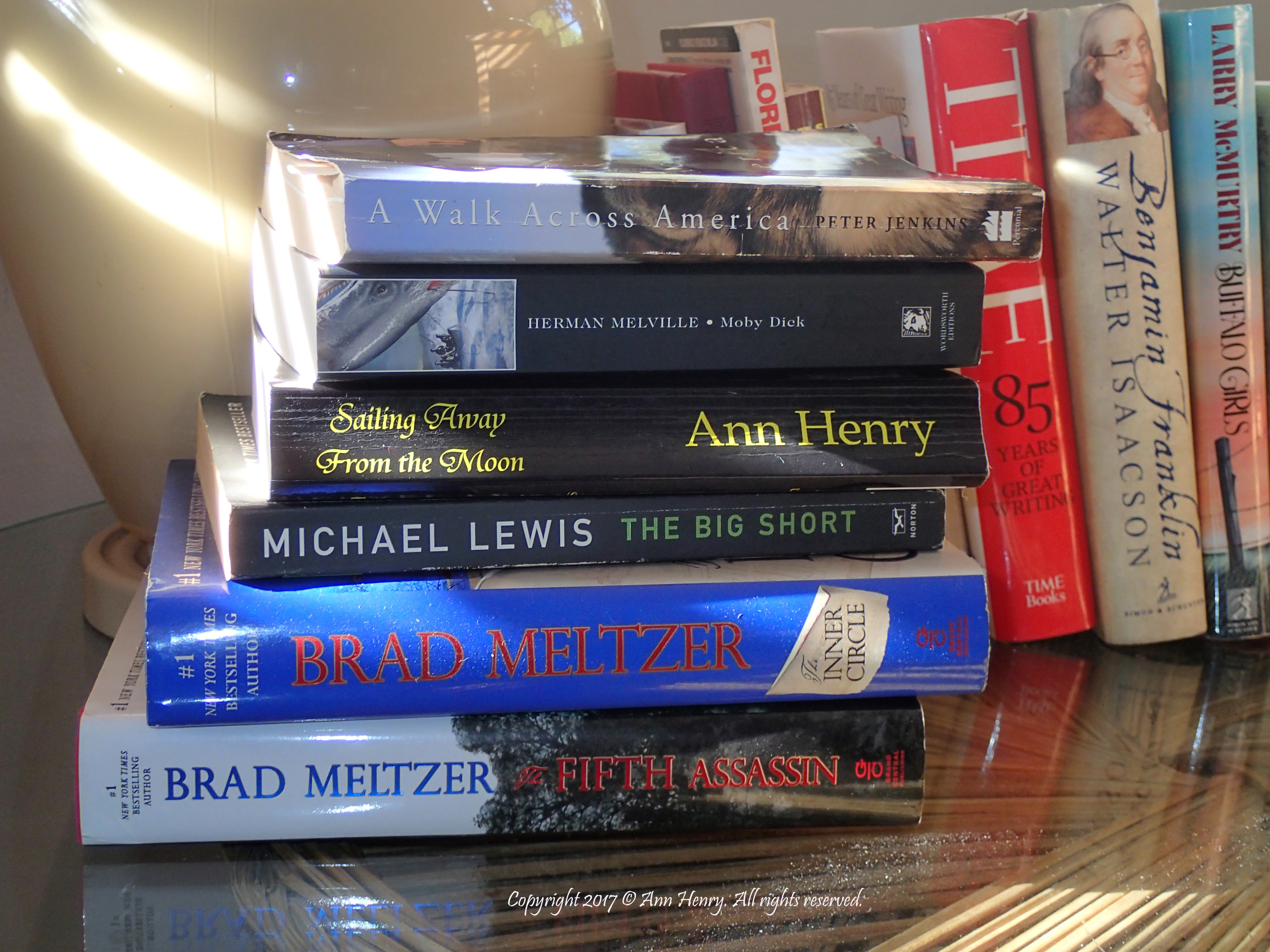Certain sets of words in the English language tend to confuse people. I have found the following to be among them:
CAN / MAY
Have you ever played the game May I? In this children’s game, one person plays the parent and the other children line up beside each other at a starting line some distance in front of the “parent.” The “parent” then addresses each of the “children” in turn and tells that child to take “one giant step” or “three baby steps” or some other method of moving forward. Before doing so, the child is supposed to ask, “May I?” If the child remembers to thus ask permission, then the parent must say, “Yes, you may,” and let that child move forward. If, however, the child forgets to ask permission and merely steps forward as instructed, he is sent back to the starting line. The first child to reach the game’s parent wins.
The point of this demonstration, of course, is to remind us that when asking permission, one should use the verb may, not the verb can, else the game, no doubt, would be called Can I?
INCORRECT: Dad, can I drive your car tonight? I want to take Shelly to the movies.
CORRECT: Dad, may I drive your car tonight? I want to take Shelly to the movies.
The verb can means able to, preceded by some form of the verb to be (I can = I am able to; she can = she is able to; they can = they are able to). We presume the young man asking his dad for permission to drive the car is able to drive and legally so, or he wouldn’t be asking permission because he’d know it wouldn’t be granted. Therefore, what we need in this sentence is a verb indicating permission as opposed to ability.
I can drive my father’s car, but I may not be allowed to do so.
Of course, the verb may does have other meanings besides that of permission, and one of those meanings is that of possibility:
I may go to the ballgame tonight or I may not, depending on whether it rains.
The implication here is not that the speaker has permission to go to the game but that there is the possibility that he will go.
I can think of at least one more use of the verb may, so I’ll leave you with this thought:
May you live long and prosper!
© 2024 Ann Henry. All Rights Reserved.
